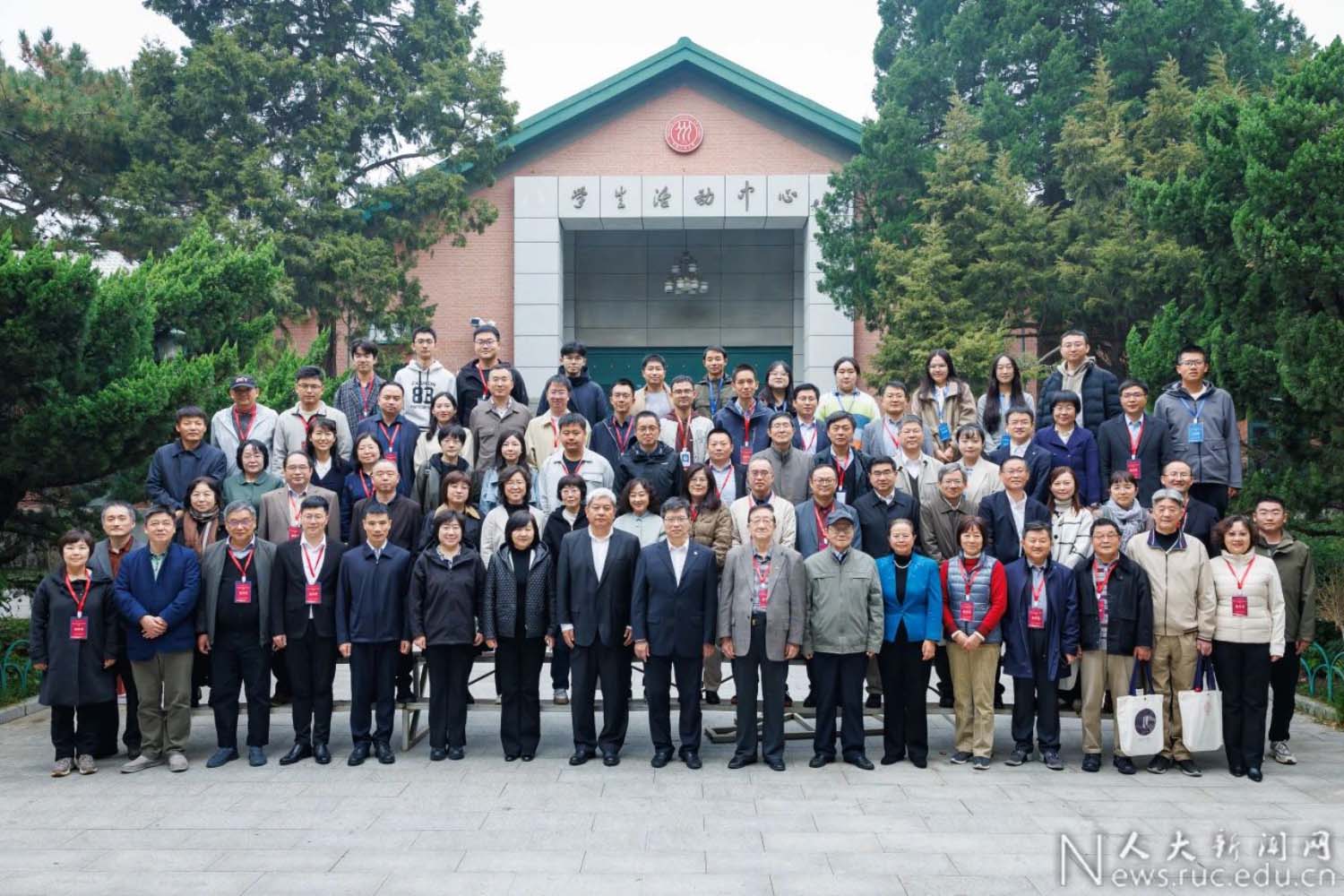On October 26th, the "Development of Qing History Discipline and Construction of World-Class Research Institutions in New Era" thematic forum was held. The forum marked the official launch of the joint construction of the Qing History Research Institute at Renmin University of China (RUC), the Northern Research Institute of Qing History in China, and the Southern Research Institute of Qing History in China.
Lin Shangli, President of RUC, Yu Wenxiu, Vice President of Heilongjiang University (HLJU), and Li Junfeng, Vice Chair of the University Council of Changshu Institute of Technology(CIT), jointly initiated the cooperation and construction of the Qing History Research Institute at Renmin University of China, the Northern Research Institute of Qing History in China (a collaboration between RUC and HLJU), and the Southern Research Institute of Qing History in China (a collaboration between RUC, Suzhou City, Changshu City, and CIT).
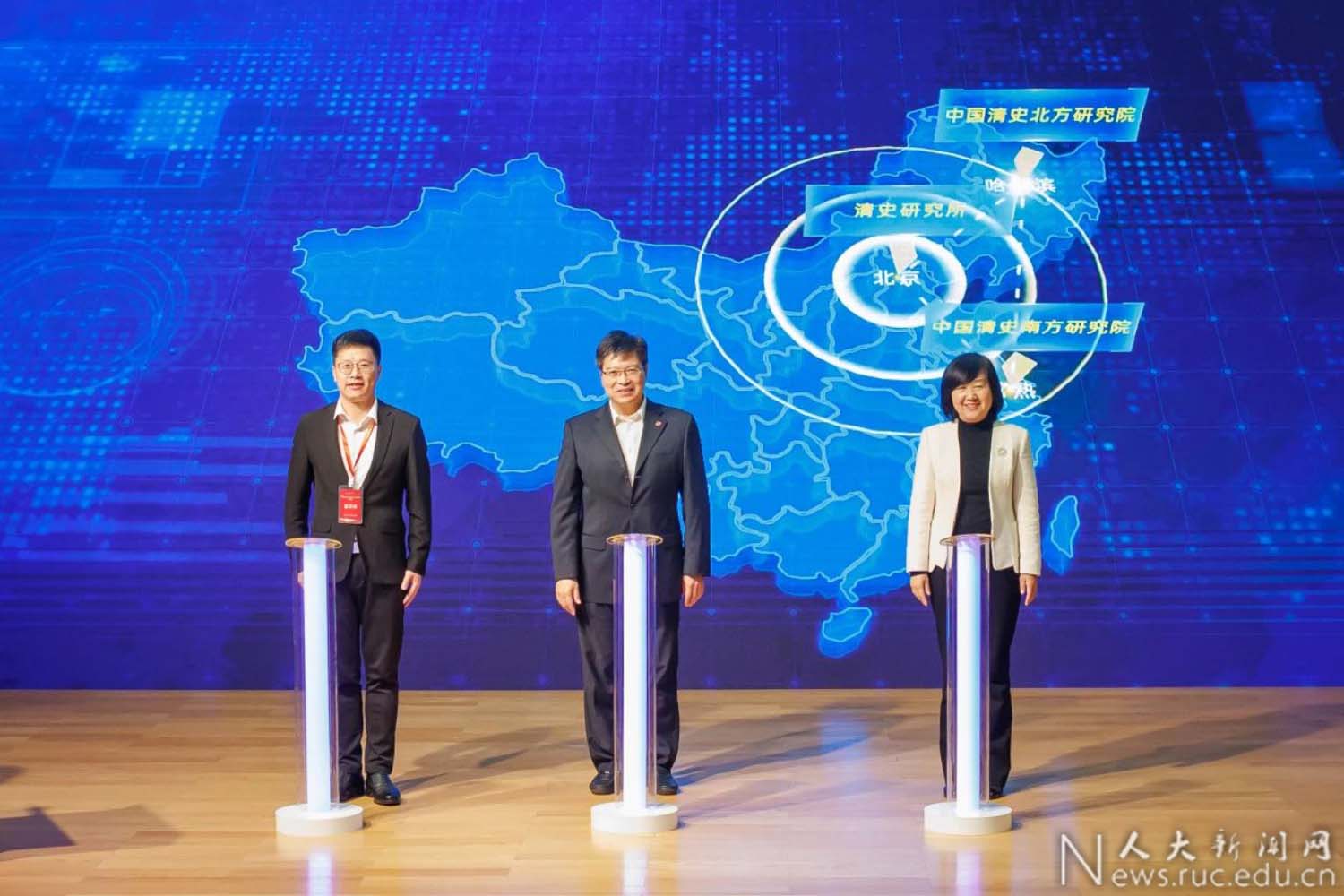
Wang Yi, Vice President of RUC, announced the "Notice on the Institutional Adjustment of the Qing History Research Institute at Renmin University of China."
The institutional adjustment of the Qing History Research Institute aims to accelerate the construction of an academic brand with excellence in the humanities and foundational disciplines, to build a significant talent hub and innovation highland in the field of Qing history research and teaching, and to promote the high-quality development of the institute. After the adjustment, the institute will rely on the School of History for construction, implement a relatively independent institutional setup and operational management, aim to become a world-class research institute, release development vitality through systemic and institutional reforms, enhance domestic and international influence, and accelerate the construction of a discipline-independent knowledge system in Qing history, providing solid support for the high-level construction of a first-class discipline in Chinese history.
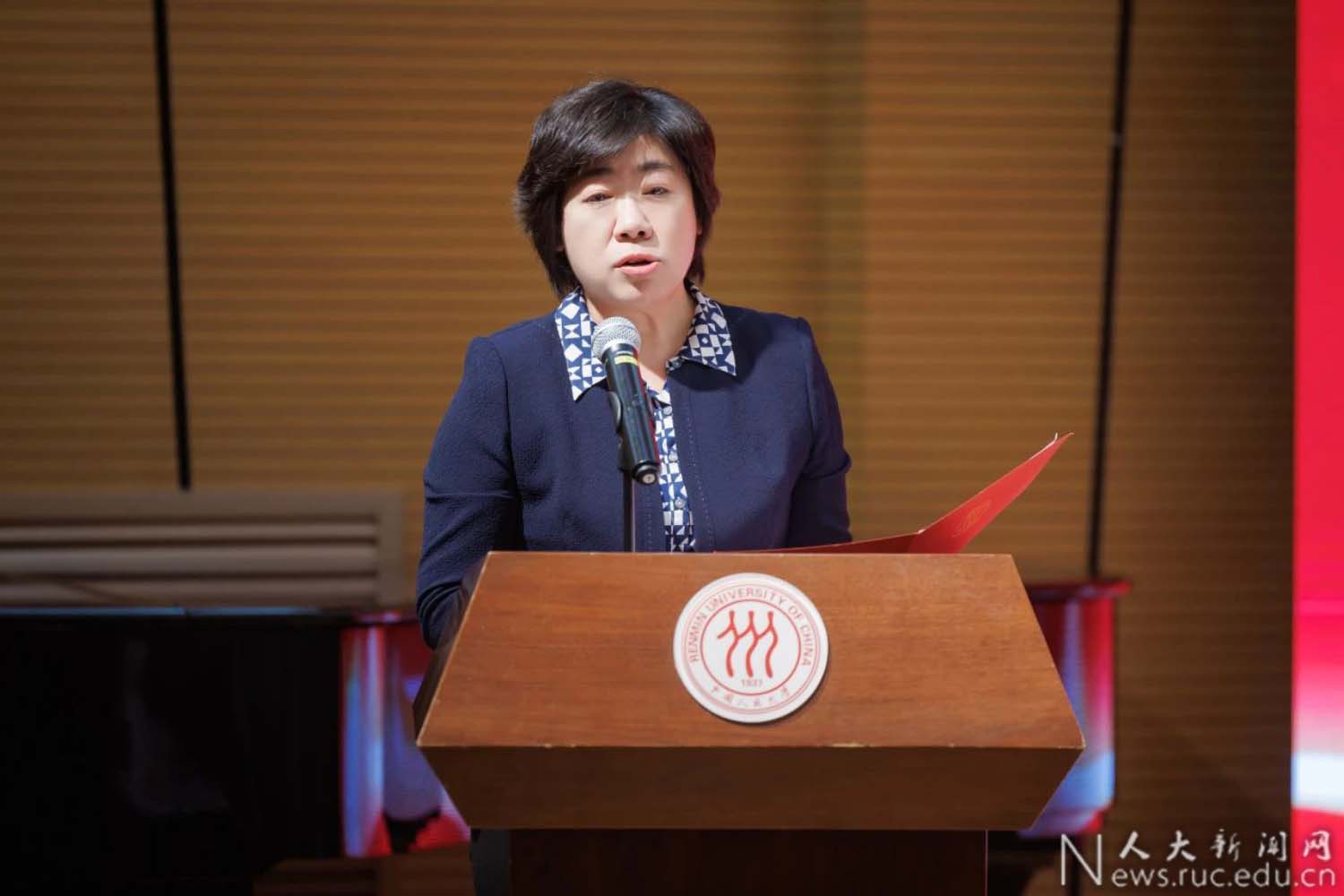
Lin Shangli expressed gratitude to guests from all walks who have long been concerned with and supported the construction and development of the Qing History Research Institute at RUC, and paid tribute to the predecessors and scholars who have laid the foundation and solid foundation for the institute's development.
In his keynote speech, Lin noted that RUC is the founder and pioneer of Qing history research in New China. Over the past 40 years, the Qing History Research Institute has made significant contributions to the construction of the university's double first-class discipline in Chinese history, the exploration of the historical science system and educational model in New China, and the exploration of new methods and interdisciplinary directions in historical science since the new century.
“It is hoped that the Qing History Research Institute will take this institutional adjustment as an opportunity”, Lin said, “consciously adhere to Marxism as guidance, construct an independent knowledge system of Qing history through disciplinary innovation, build a world-class research institute with a global historical perspective, create outstanding research results with an organized scientific research system, base on Qing history, embrace the world, build a first-class faculty, create first-class platforms, do first-class scholarship, cultivate first-class talents, and promote first-class culture.”
Lin also mentioned that efforts should be made to highlight innovation in the production of knowledge systems, demonstrate excellence in faculty and talent training, and be contributive to serving national strategies and the progress of human civilization, promoting breakthroughs, enhancements, and new heights in Qing history research.
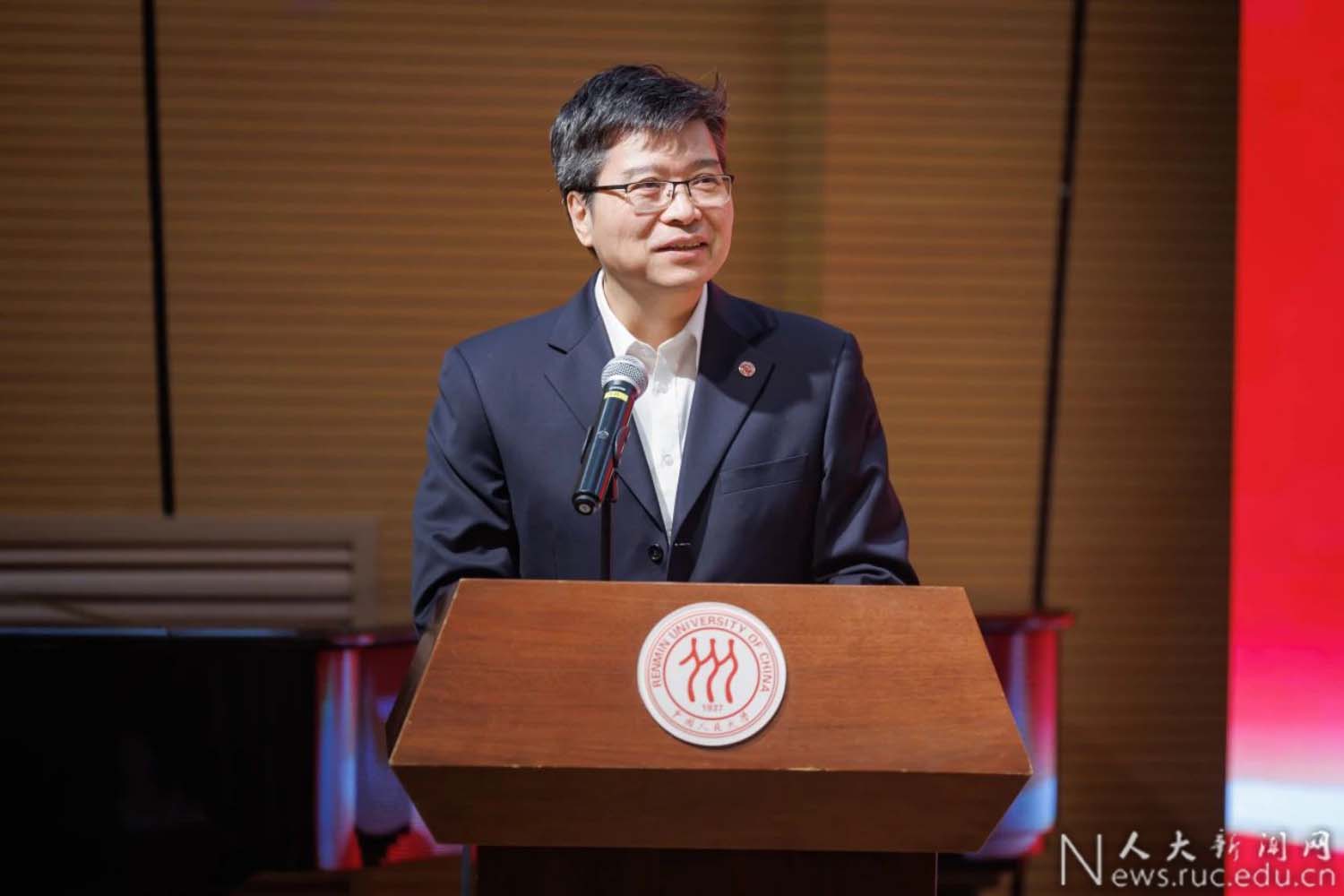
Zheng Qichao, Director of the Cultural and Tourism Ministry's Qing History Compilation and Research Center, congratulated Renmin University of China and the Qing History Research Institute's faculty and students. He said that the Qing History Research Institute enjoys a high academic reputation at home and abroad, with several generations of Qing history scholars such as Dai Yi and Li Wenhai working hard here and achieving fruitful academic results. Over the years, the Qing History Research Institute and the Qing History Compilation and Research Center have carried out various forms of cooperation, providing strong support for the compilation of Qing history.
Zheng expressed his hope that the Qing History Research Institute will under the new system and mechanism, injecting energy into the innovation of cooperation platforms, the enrichment of cooperation forms, and expansion of cooperation fields.
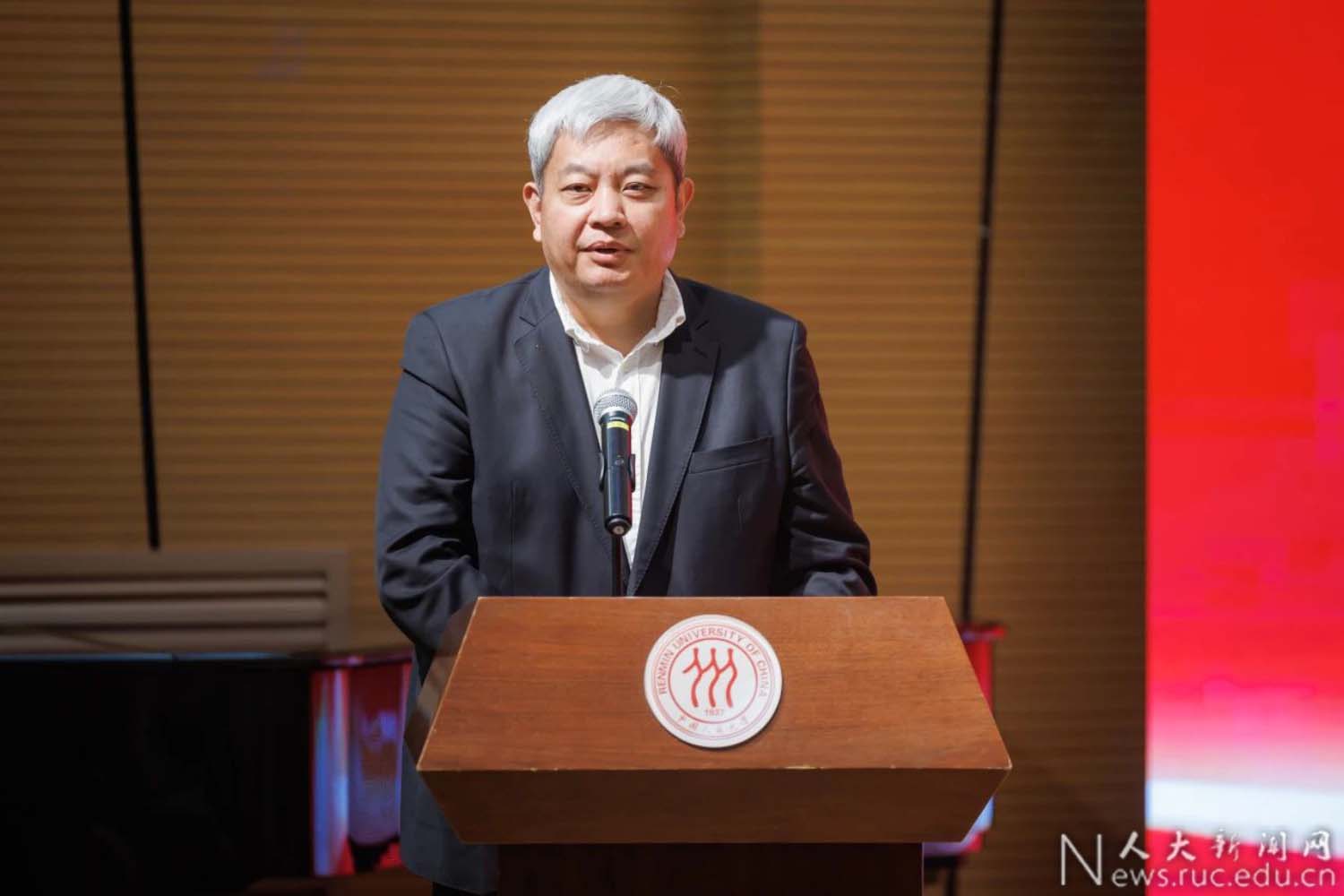
Ren Wanping, Deputy Director of the Palace Museum Ren, stated that the construction of research institutions is closely related to the process of discipline development. “Since its establishment, the Qing History Research Institute at RUC has been an important base for national Qing history research and talent training, making outstanding contributions to the national historical research and cultural heritage cause.” Ren said, and pointed out that the institutional adjustment of the Qing History Research Institute this time is of great significance for opening up a new situation in the development of Qing history discipline.
Ren emphasized that in the future, the Palace Museum hopes to further deepen cooperation with the Qing History Research Institute, promote resource sharing, achieve win-win cooperation, and contribute wisdom to the teaching and scientific research reform in related fields, and promote the prosperity and development of Qing history discipline and even the history discipline in the new era.
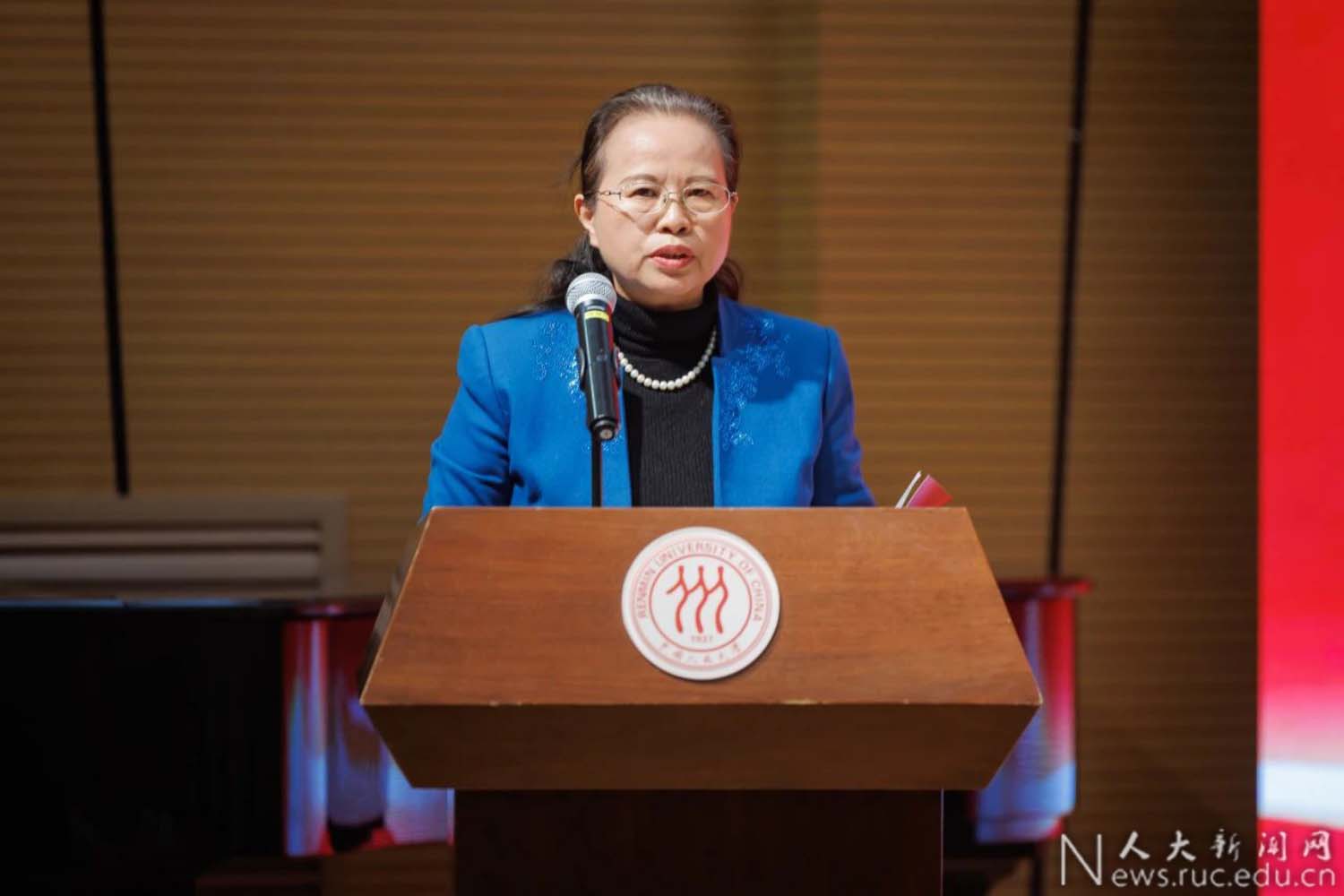
Wang Jinlong, Deputy Director of the First Historical Archives of China, mentioned that the First Historical Archives of China and the Qing History Research Institute at RUC have a profound cooperation foundation. In recent years, a series of effective cooperation has been carried out around the development and utilization of archives and the compilation and research of Qing history, and a series of special archives and related research results have been compiled and published.
“The institutional adjustment of the Qing History Research Institute this time will further release the vitality of this academic research brand.” Wang said, “The First Historical Archives of China will continue to support the construction of the Qing history discipline at RUC, actively respond to the needs of teachers and students, expand the scope of archives opening, refine service measures, and improve service capabilities to help the Qing History Research Institute become a world-class research institute as soon as possible.”
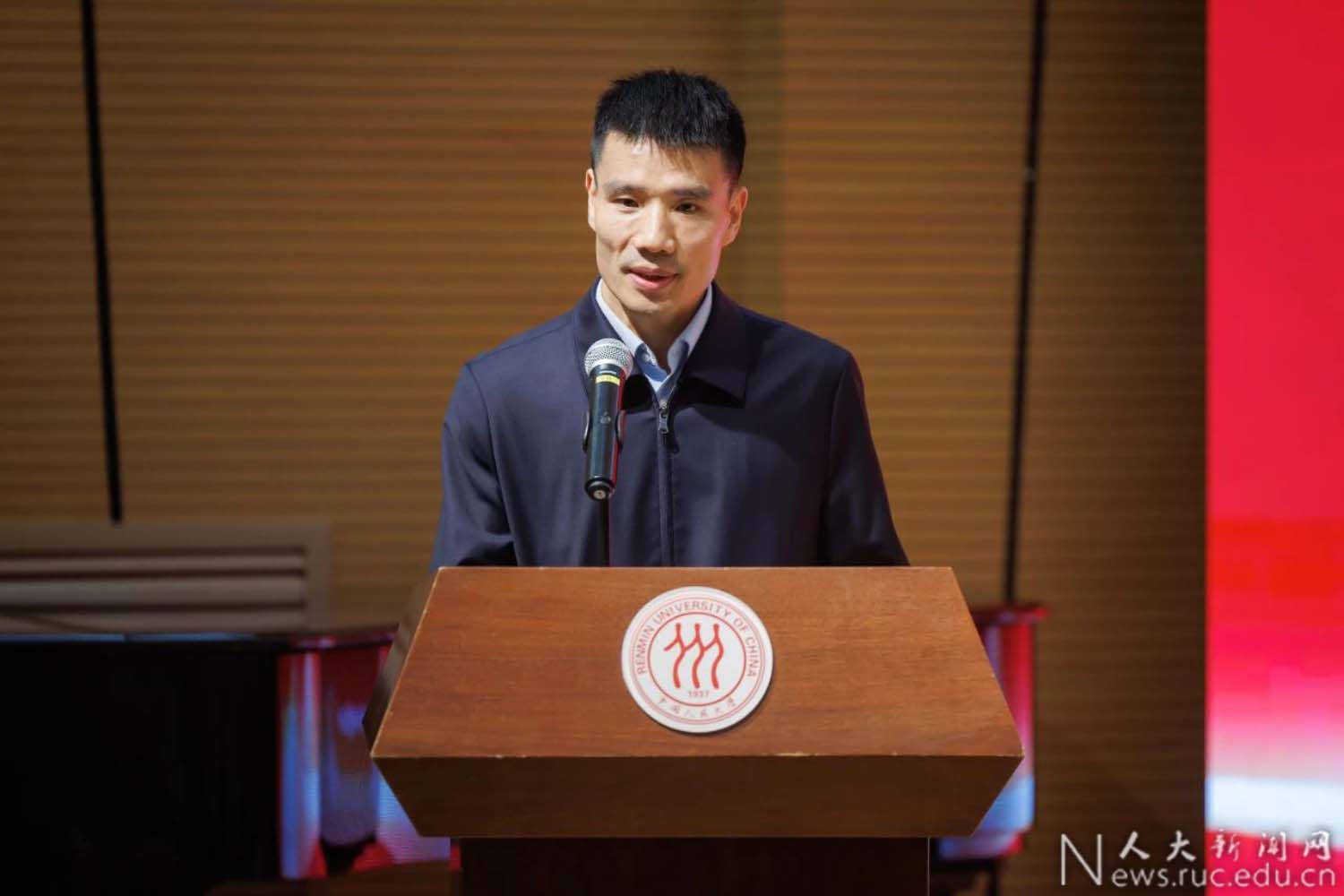
Yu Wenxi, the Vice President of HLJU said that RUC and HLJU have the same roots and origins, with a glorious revolutionary tradition and a distinct red gene. The two universities have started to build the Northern Research Institute of Qing History in China, which is of great significance to the construction and development of Heilongjiang University. Yu expressed her expectation that two sides will take this as a starting point for further cooperation, with improvement in the exchange mechanism, the training of Qing history talents, scientific research, and discipline construction, contributing to the knowledge system with Chinese characteristics.
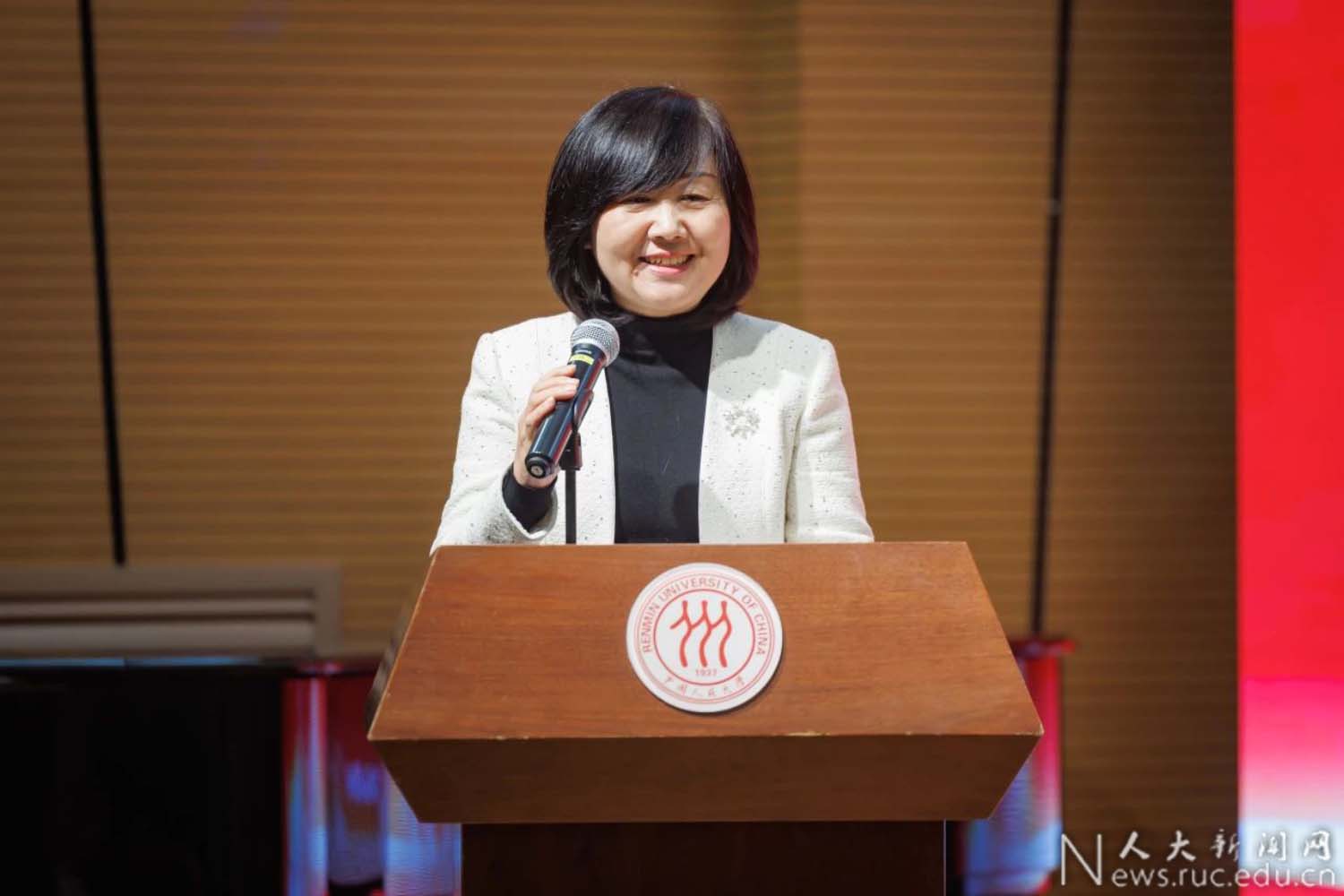
Li Junfeng, the Vice Chair of the University Council of CIT, said that Changshu is the hometown that Dai Yi, the famous scholar in Qing history study. Li argued that the cooperation and joint construction of the Southern Research Institute of Qing History in China between CIT and RUC is inseparable from the support of Mr. Dai Yi, and it is also the result of the two universities working together and making joint efforts. Li pointed out that CIT will adhere to Mr. Dai Yi's legacy, unite various forces in running a school, jointly build a high-level Southern Research Institute of Qing History in China, and actively serve the inheritance of historical context and local cultural construction.
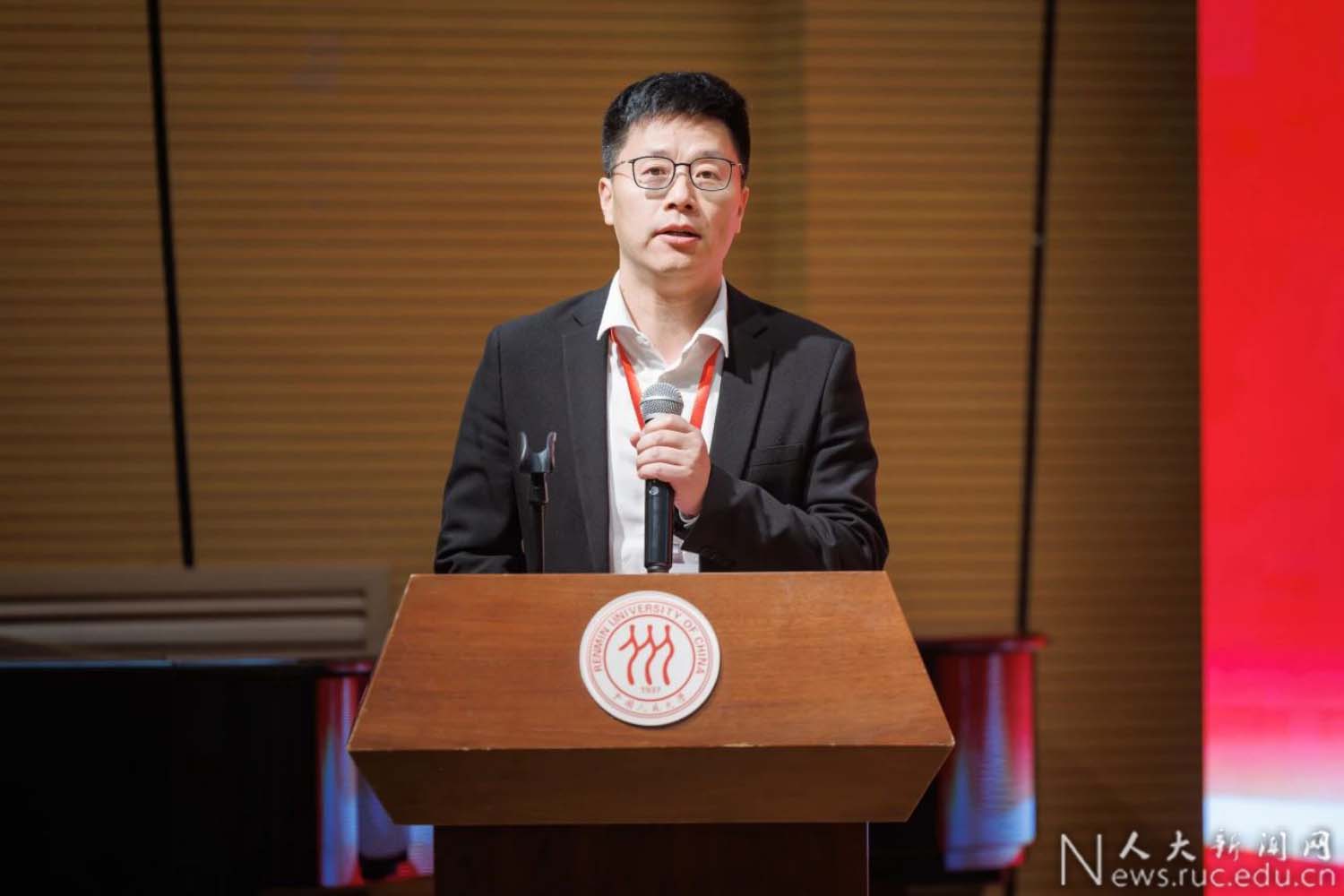
Representatives from domestic historical research institutions, renowned scholars in the field of Qing history, heads of relevant departments within the university, faculty and students from the Qing History Research Institute, and over a hundred alumni attended the forum. Several scholars delivered keynote speeches.
